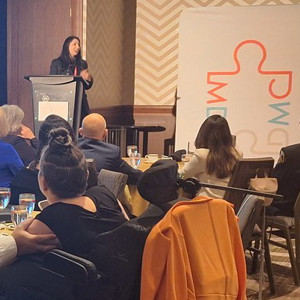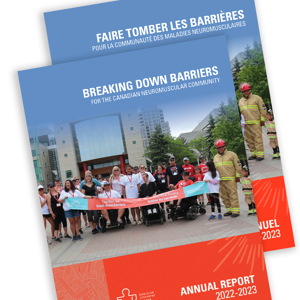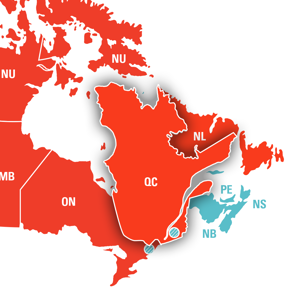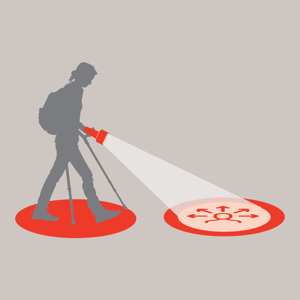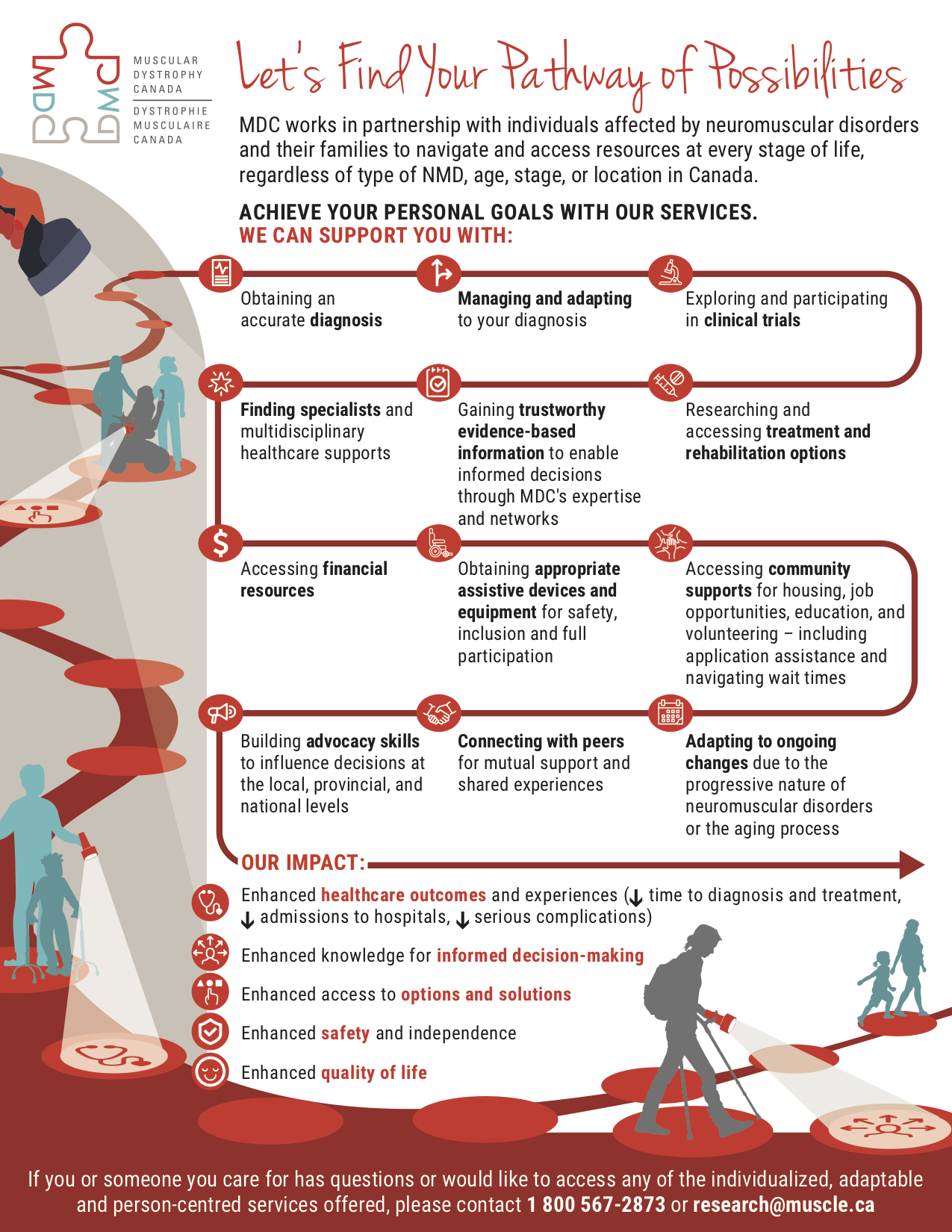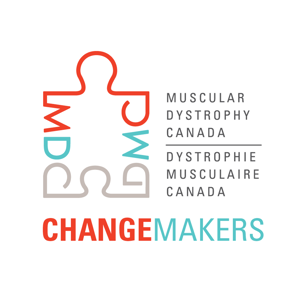Muscular Dystrophy Canada’s (MDC) strategic priorities represent a continuing evolution for our organization. They build upon the outcomes and learnings over the last three years, during which time our organization continued to meet the needs of clients through our programs and services, equipment, and system navigation; successfully encouraged governments to change public policy; and, supported translational and clinical research, in addition to, expanding Canadian neuromuscular research infrastructure.
Our investments in research have helped create exciting changes in the Canadian landscape. Whether it was working with our researchers and clinicians facilitating educational webinars, developing resources so our clients have access to credible and clear information, or through our shared work with the Neuromuscular Disease Network for Canada (NMD4C) – our clients are benefiting from early screening and diagnosing, new treatments, trials, and standards of care.
Extending into the next five years, our unwavering focus is on expanding our base of clients to ensure we assist more Canadians with neuromuscular disorders and their families. As well, we remain committed to fiscally responsible spending – ensuring funds raised go to our organization’s mission, and to increasing our fundraising activity to meet the needs of the neuromuscular community.
In addition to our commitment to reach more Canadians affected by a neuromuscular disorder over the next five years, the strategic priorities enable our commitment to ensuring we are innovative, efficient, and inclusive by providing our community the support and information they need to make informed decisions. We will expand our programs and services to engage further with remote and underserved communities, and will provide services in the languages that make up the fabric of our country.
Government policies at the federal, provincial, territorial, and local levels have a daily impact on our community. The next five years will see MDC expand our direct advocacy efforts working in partnership with our community, other like-minded organizations, industry, partners, clients, and government.
Over the next five years we will continue to work with researchers and clinicians to enhance collaborative and proactive strategies to support infrastructure development, capacity building, develop centres of excellence and the sharing of research outcomes that benefit our community.
We will respect that as a diverse community representing a wide spectrum of cultures and experiences, there are different ways of knowing, and of approaching health. We will incorporate this understanding and a respect for the whole person – mind, body, and spirit — in all that we do. We will continue to ensure that all organizational planning and decisions align with our strategic priorities, in addition to ensuring the right measurements are in place to monitor our performance.
Finally, we will not give up the search for more and better ways to work with all our stakeholders. Our clients and their families, staff, donors, supporters, partners, and volunteers are essential members of our community and we are grateful for their support every day.
We are excited about the impact MDC will have during the next five years.
Read our 2023-2028 Strategic Plan


